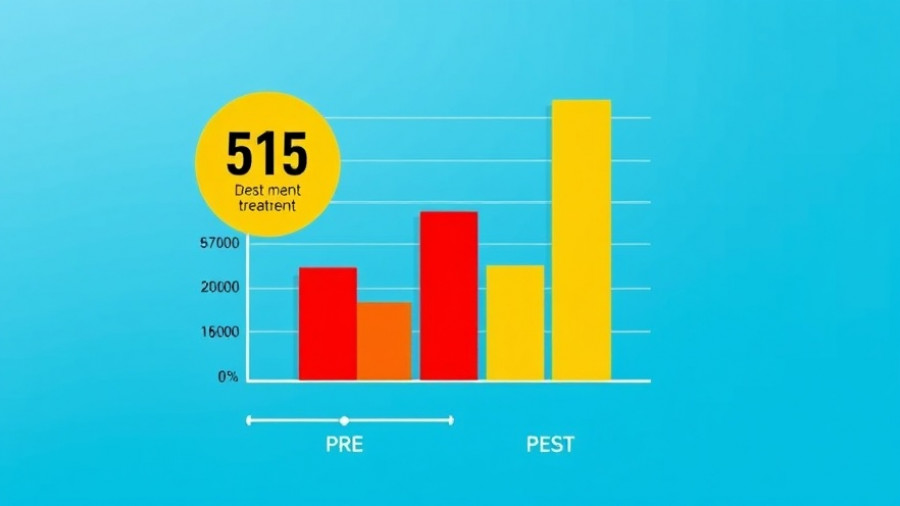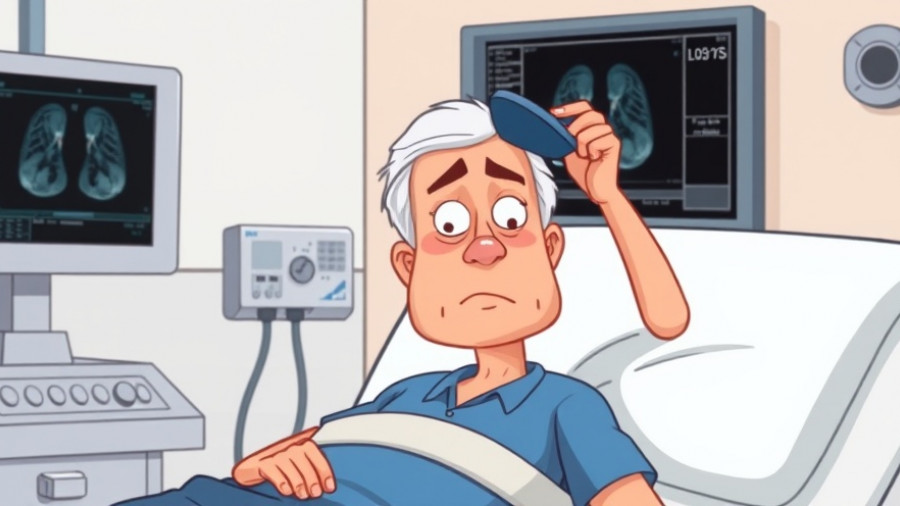
Understanding Women's Unique Challenges on National Women Touched by Addiction Day
Each year on July 23rd, we celebrate National Women Touched by Addiction Day, a day dedicated to acknowledging and supporting the resilience of women affected by substance misuse. This day holds significance not only for those who battle addiction personally but also for the countless women impacted by their loved ones' struggles with substance use disorders (SUD). The observance seeks to reduce societal stigma, educate the public, and highlight the specific challenges women face in their journey through addiction and recovery.
Why Women Experience Addiction Differently
Addiction does not discriminate; however, women often confront unique barriers that can complicate their recovery. Studies reveal that women develop substance use disorders faster than their male counterparts, frequently after shorter exposure and usage of smaller amounts of substances. Biological factors such as hormonal fluctuations play a significant role here, amplifying the urgency for tailored treatment methodologies.
Equally influential are the psychological impacts associated with experiences such as pregnancy, trauma, and mental health concerns. Women are more likely than men to experience conditions like depression and anxiety, which are often intertwined with substance dependency. Trauma, both historical and recent, contributes significantly to the likelihood of substance abuse among women. As a result, treatment approaches must consider these emotional and physiological realities to facilitate effective recovery.
Impacts on Recovery: Barriers and Solutions
Despite lower overall rates of substance use, women face heightened challenges in maintaining recovery. Many struggle with cravings, and societal barriers often limit their access to necessary resources and support. Responsibilities such as caring for children or family members can also restrict their ability to prioritize their health. The fear of stigma — judgment from society or the loss of custody of children — can further deter women from seeking help.
One practical solution lies in creating supportive environments where women can share their experiences without judgment. This can include women-specific support groups and treatment programs that employ trauma-informed care and holistic approaches. Encouraging dialogues around SUD stigma can foster understanding and ultimately lead to societal change.
The Importance of Community Support
As of recent statistics, approximately 21.1 million American women, representing 14.7% of the population, combat substance use disorders. Furthermore, women make up 69.7% of caregivers for those with SUD, illustrating the multifaceted impact addiction has on women’s lives. We must collectively work to share resources and promote awareness, thus alleviating the stigma associated with substance use and mental health challenges. Greater understanding and community awareness can facilitate healing and empower women to reclaim their lives.
Success Stories: Finding Hope Amidst Struggles
Many women have emerged victorious from their battles with addiction, thanks to their resilience and the support systems around them. Success stories often showcase the transformative power of comprehensive treatment programs that address both addiction and any underlying mental health issues. These narratives serve not only as inspiration but also as a testament to the efficacy of addiction counseling, group therapy, and holistic treatment methods.
Taking Action: What You Can Do
On National Women Touched by Addiction Day, each of us can do our part to uplift women in our communities facing the trials of addiction. You might choose to educate yourself further on the nature of substance use disorders, participate in community outreach programs, or even advocate for improved support frameworks in your local area.
If you or someone you know wrestles with substance use or the psychological impacts of addiction, resources are available. It’s vital to reach out for help; remember, recovery is possible for everyone.
At Gateway Foundation, we believe in the possibility of recovery for all individuals affected by addiction. Please call 877-505-HOPE to learn more about how our treatment programs can help you or a loved one begin your healing journey.
 Add Row
Add Row  Add
Add 




Write A Comment